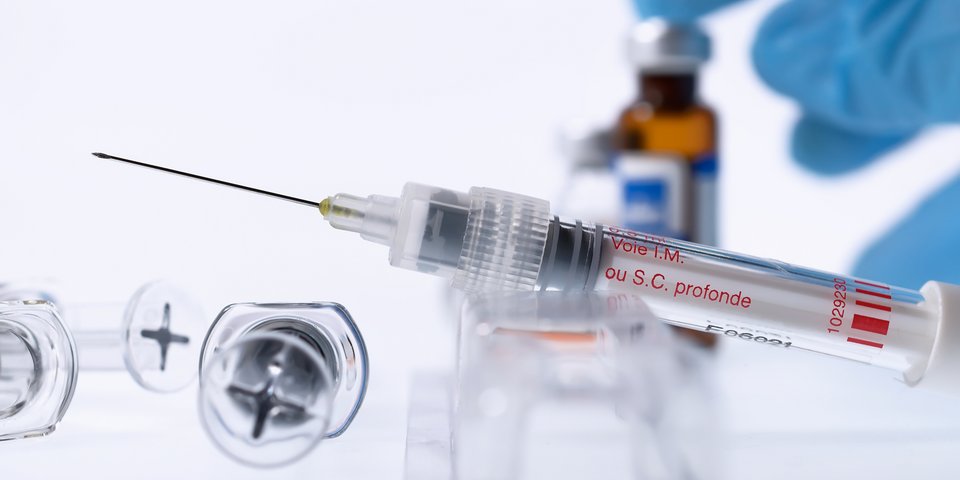 ursule - Fotolia
ursule - FotoliaRaising awareness of antibiotic resistance in the EU
Europe to become a pioneer in the fight against antimicrobial resistance.
MS/FL – 11/2018
In conjunction with European
Antibiotic Awareness Day, the Commission has published the results
of a new Eurobarometer
study on the public’s knowledge of antibiotics and overall trends in
their use. According to the study, 32% of respondents said they had taken
antibiotics in the past 12 months. In the 2009 survey, it was 40%. However,
antibiotics were used unnecessarily in many cases: for example, 20% of
antibiotics were taken to treat the flu or a cold. 7% of respondents took
antibiotics without a prescription. 66% knew that antibiotics do not help with
colds. 43% were aware that antibiotics do not work against viruses. More than
two-thirds of respondents would like to be better informed about antibiotics.
In response to these results, Commissioner Vytenis
Andriukaitis said:
‘This
Eurobarometer shows that more effort is needed to raise awareness and knowledge
on antimicrobials among fellow citizens.’
New EU legislation on veterinary medicinal products and medicated feed
On 25 October 2018, the European Parliament
voted by a large majority in favour of a regulation on the more restrictive use of antibiotics in veterinary medicinal products.
The proposed European legislation on veterinary medicinal products and
medicated feed provides for a wide range of specific measures to combat
antimicrobial resistance and promote the prudent and responsible use of
antimicrobials.
From 2022, it will be prohibited in the EU to use
antimicrobials to promote the growth of animals and to administer
antimicrobials prophylactically via medicated feed or prophylactically to
groups of animals. Thirdly, when importing into the EU, third countries must
respect the ban on antimicrobials as growth promoters and the restrictions on
antimicrobials reserved for human consumption.
The aim of the new EU legislation
is to better protect European consumers from the risk of antimicrobial
resistance arising from the import of animals or products of animal origin.
Health policy spokesman of the EPP Group,
Peter Liese (CDU), stated:
‘The other major part of the problem is
the non-critical use of antibiotics in human medicine and hospital hygiene.
Europe must take responsibility for this. For example, we urgently need new
incentives to develop new antibiotics, and it is very unfortunate that the
European Commission has still not put forward a proposal for this.’
Background
Given
that antimicrobial resistance poses a major threat in Europe and globally,
international cooperation is of paramount importance. According to the World
Health Organization (WHO), approximately 25,000 people die every
year in the European Union due to antibiotic-resistant germs. Calculations carried
out by the Organization for Economic Co-operation and Development (OECD) in
Europe, North America and Australia show that by 2050, 2.4 million people could
die from multidrug-resistant bacteria or other bacteria. The WHO has already warned
that antibiotics will be ineffective in the near future if their use is not
more controlled.
The German
Environment Agency is also concerned. The Agency considers it to be a major issue
that both antibiotics and resistant germs could be released into the
environment, in particular through the use of fertilisers. These could then
enter the human organism via food or bathing water.
More information is available by clicking
on this link.
